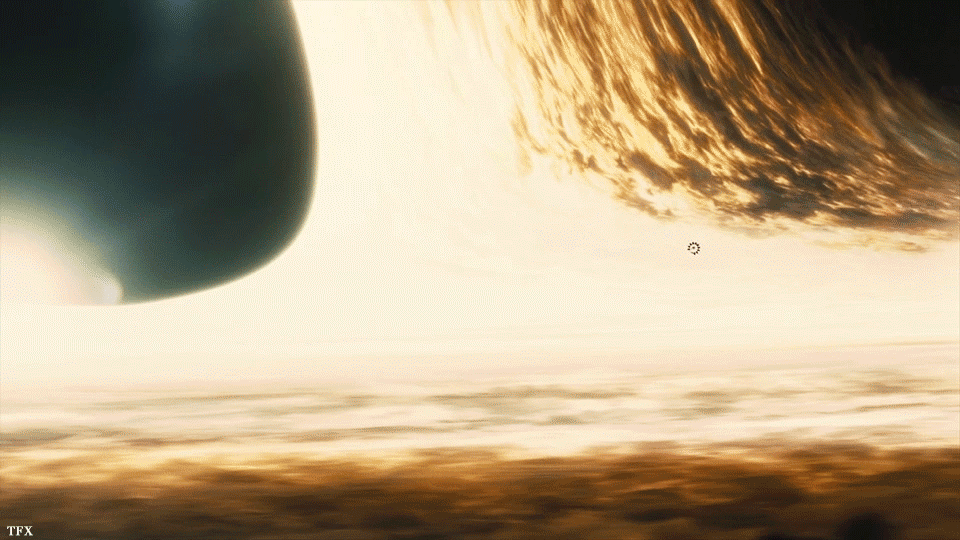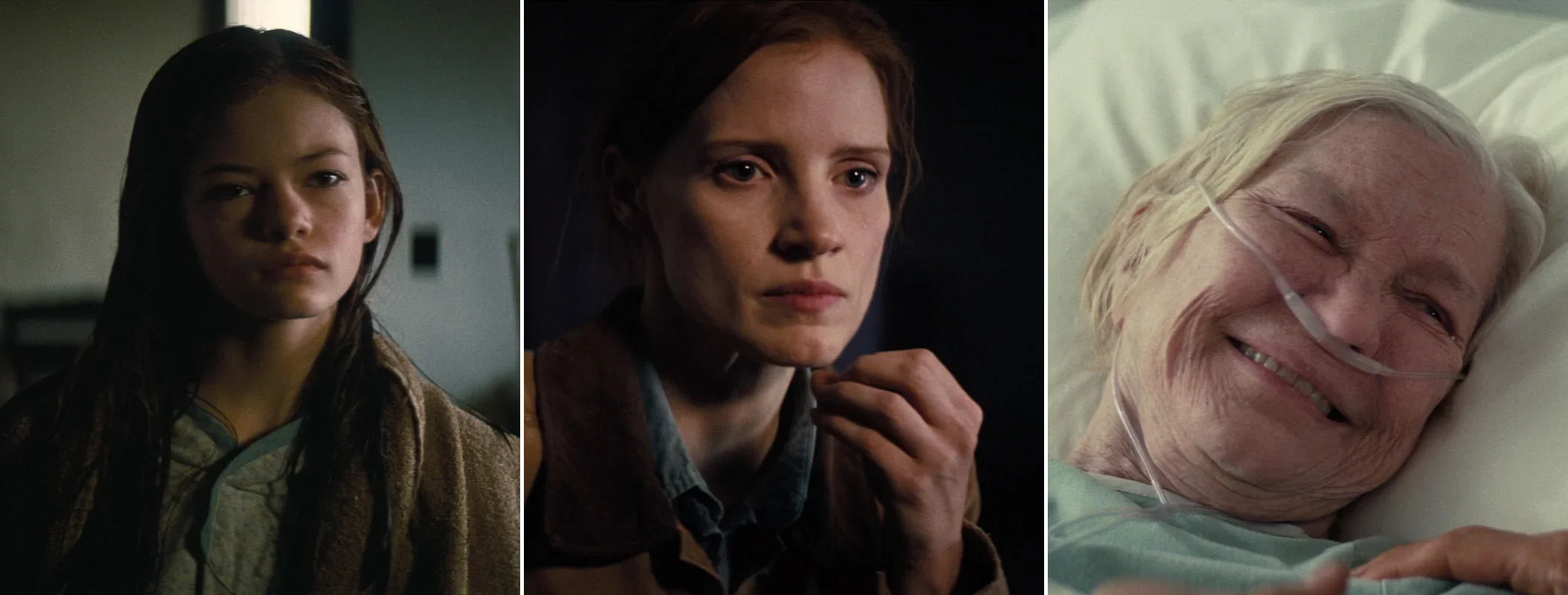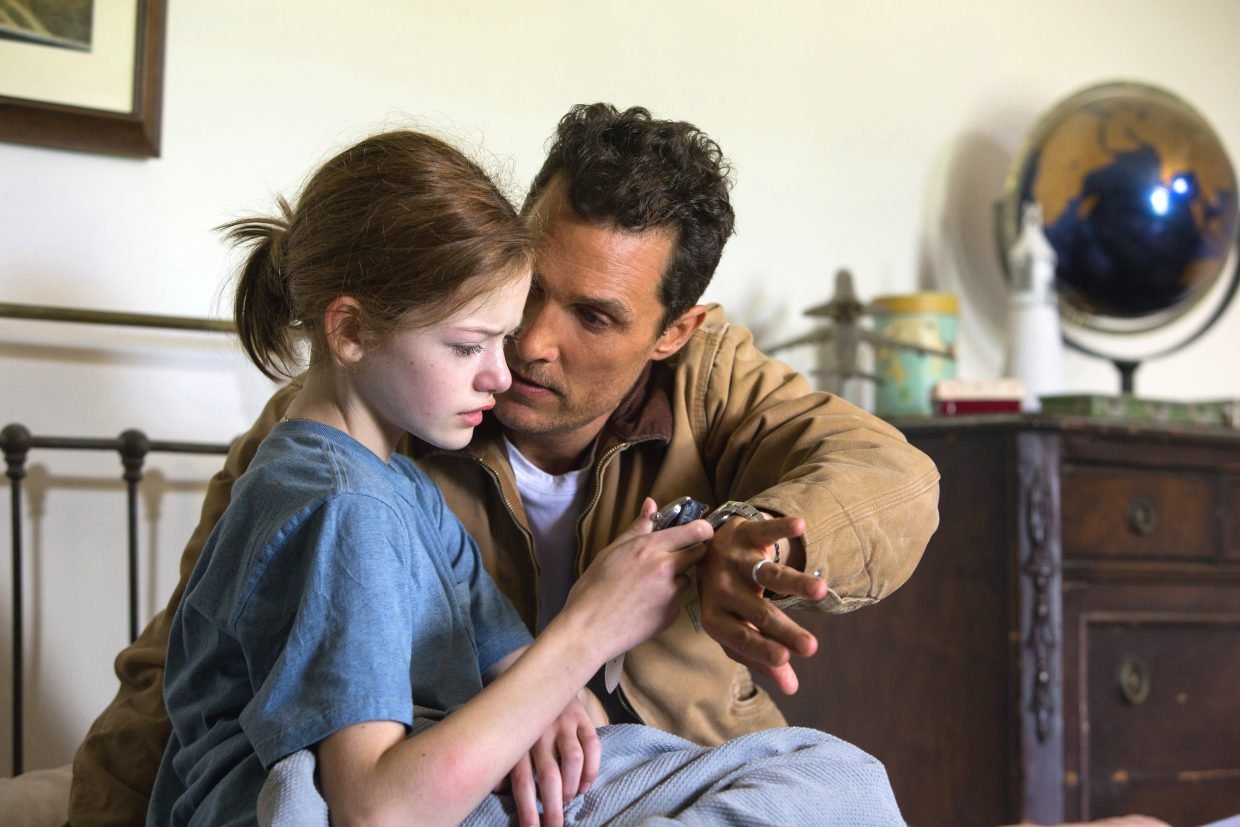Time dilation
In my Film as Literature class we have been watching the film Interstellar, which is such a great movie, and I think the kids are paying pretty good attention, but now it is time to assess. Essay baby.
Time as a Character
Time plays a huge role in the story—not just in science, but in emotions and relationships. How does time affect Cooper’s connection with Murph? How does time dilation on planets like Miller’s world change the way the characters see their mission? Explain how time is almost like a “character” in the film and why it matters so much to the story.
In Christopher Nolan’s Interstellar, time is not just a scientific concept—it is a force that shapes emotions, relationships, and the meaning of sacrifice. At the center of this theme is the relationship between Cooper and his daughter, Murph. For Cooper, time represents both love and loss. When he leaves Earth, Murph feels abandoned, and as years pass differently for them, their bond becomes strained. Every message Cooper receives shows Murph growing older while he remains nearly the same, which deepens the pain of their separation. For Murph, each year without her father feels like a betrayal, while for Cooper, the years slip away in moments he cannot control. Time becomes the invisible barrier between them, testing the strength of their love.
Time dilation on planets like Miller’s world further emphasizes how fragile human connections are in the face of cosmic forces. On Miller’s planet, every hour equals seven years on Earth. The crew’s short mission there leads to decades of lost time, reminding them of the enormous stakes of their journey. For Cooper, this means missing most of his children’s lives. For the others, it reveals the brutal cost of exploration—that saving humanity might mean losing their personal ties forever. The science of relativity collides with human emotion, and characters must reckon with what matters more: the survival of the species or the time they will never get back.
In many ways, time functions almost like a character in the film. It has power, it influences decisions, and it creates conflict. Unlike a villain who can be defeated, time is unyielding and impartial. The characters cannot escape it; they can only endure it or find meaning within it. The story reminds us that time is the one resource that cannot be regained, making every choice more urgent and every sacrifice more profound.
Ultimately, time matters so much to Interstellar because it gives the film its emotional weight. The science is fascinating, but the real impact comes from watching people struggle with the consequences of lost years and fractured relationships. Cooper’s final reunion with Murph—where she is old and he is still young—captures the bittersweet reality that love can outlast time, but it can never stop it.



